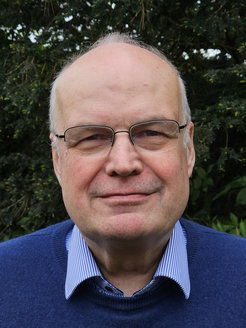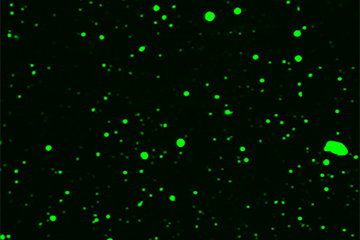Paul Schulze-Lefert elected as Foreign Member of the Royal Society
Huge honor comes as recognition for his seminal work in the fields of plant immunity and the plant microbiota.

Paul Schulze-Lefert, director at the Max Planck Institute for Plant Breeding Research, has been elected as a Foreign Member of the Royal Society as part of the 2024 cohort. Schulze-Lefert is an international leader in the field of molecular plant–microbe interactions. Over the past three decades, he has made major contributions to the understanding of how plants detect pathogens, activate, and deploy innate immune responses to terminate pathogen proliferation.
Paul’s initial work focused on the study of disease resistance to fungal pathogens in cereal plants. He pioneered the isolation of plant genes in complex cereal genomes and used genetic analysis to identify pathways for extracellular immune responses that are conserved in flowering plants.
Over the last decade, he has developed reductionist approaches to the study of the plant microbiota to define mechanisms that allow establishment of microbial communities at the interface with the plant immune system for beneficial host services. In the last years, in a string of groundbreaking studies in collaboration with Jijie Chai and fellow Royal Society Member Jane Parker, he has provided unprecedented structural and biochemical insights into the activation and signaling mechanisms of plant immune receptors.
Schulze- Lefert has maintained links with UK scientists since his five years as senior scientist at the Sainsbury Laboratory, Norwich.
Established in 1660, the Royal Society hosts approximately 1700 Fellows and Foreign Members. Annually, the UK’s National Science Academy unveils its latest cohort of Fellows, chosen for their outstanding contributions to science. Fellows are appointed for life following a comprehensive peer review process. Fellows are chosen for their notable advancements in natural knowledge, encompassing mathematics, engineering science, and medical science. The Royal Society is dedicated to ‘promote, and support excellence in science and to encourage the development and use for science for the benefit of humanity.












